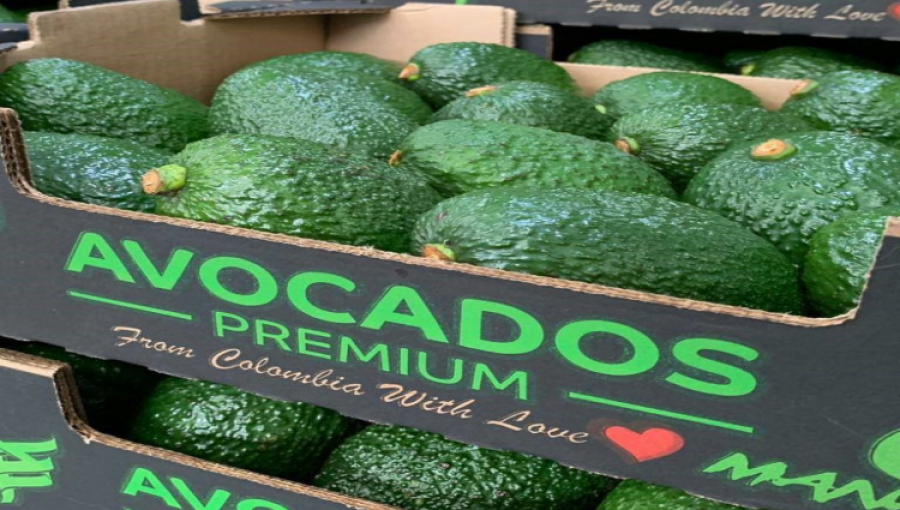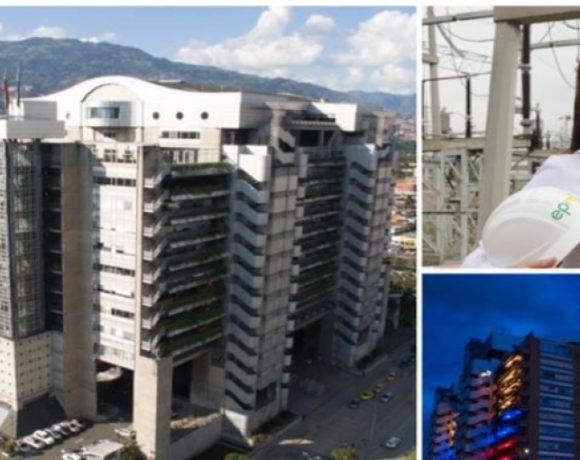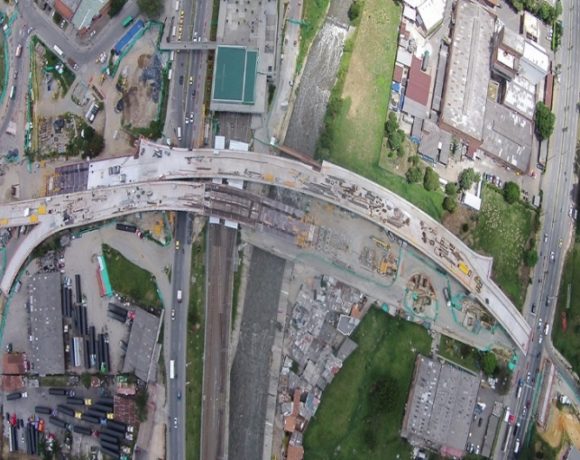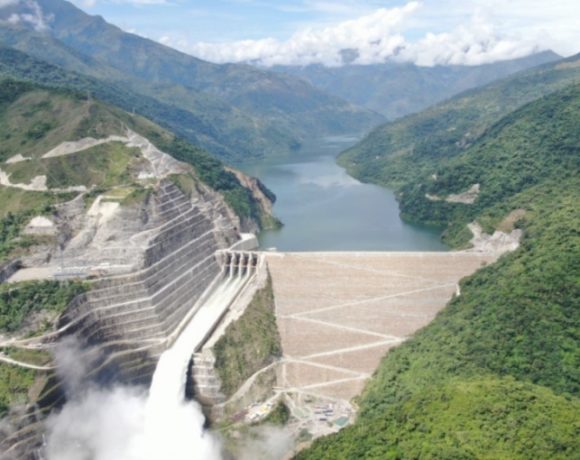Top Colombian Government Officials Praise Medellin-Based Managro for Boosting Agricultural Exports, Helping Economic Rebound

Colombia’s Commerce Ministry revealed this month that foreign direct investment (FDI) here skyrocketed by 62% in second quarter (2Q) 2021, on top of an impressive 17.6% year-on-year rise in gross domestic product (“PIB” in Spanish initials) during the same quarter.
One of the companies that is helping to spark this rebound is Medellin-based agricultural investor/producer/exporter Managro, simultaneously boosting both FDI and vital Colombian exports, thanks to Israeli capital, sophisticated management, high technology — and admirable corporate social responsibility.
Honoring Managro’s efforts, Colombia Vice President Martha Lucia Ramirez, Israeli Ambassador Christian Cantor, Colombia Vice Minister of Agriculture Juan Gonzalo Botero, ProColombia President Flavia Santoro, Finagro Vice President Rodolfo Bacci and other top officials made a special trip last month to the recently renamed “Managro Fresh” produce packing-house in Valle del Cauca.
In her presentation, Vice President Ramirez specifically praised Managro’s Medellin-based executive director — Israeli expat Chagai Stern — for Managro’s novel innovations, big investments and positive contributions to Colombia’s economy.
For example: Managro just exported another 18-tons of Colombian avocadoes to South Korea, on top of a 20-tons shipment earlier this year.
Having purchased the former Pacific Fruits International packing house in 2020, Managro Fresh is now one of the biggest produce packers in Colombia — with big plans for future growth, as Stern revealed to Medellin Herald in the following interview:
Medellin Herald: The Covid-19 quarantine in 2020 and the ‘Paro Nacional’ strike in 2021 as you know caused both health and economic hardships among Colombians and the entire world. Can you comment on what impact the quarantine and the strike had on Managro?
Stern: The pandemic didn’t affect much the business. Though restaurants were closed, people eating at home were more conscious of eating healthy — and the demand for avocado actually increased.
The strike did cause a lot of damage. No trucks were able to come to our facility and we lost seven containers of produce that were stored in our cold room. We couldn’t even donate them as no trucks were able to get to us. The economic damage of the strikes was over US$1 million to us. In addition, many farmers lost their crops as they couldn’t harvest and transport them to any packing house.
Medellin Herald: Now that the strike seems to be mainly quieted if not entirely settled, are you more confident about boosting production and exports of Managro products this year and next?
Stern: We are planning a major investment of buying 3,800 hectares for avocado. We are importing our own genetics and using Israeli software technology and irrigation system. The investment will allow us to export 2,200 containers a year of our own production in five years. The investment is US$60 million.
We are also coming out with new initiatives of social programs like ‘Mana Allies’ where we supply the farmers with monthly finance, technology– what we call ‘Agritask’ — and expertise.
Medellin Herald: While nobody could anticipate the ‘Paro Nacional’ road blockades that caused so much losses of fresh produce and farm products here, is there any sort of insurance for companies like Managro to help manage such losses?
Stern: Unfortunately there are no insurances for this.
Medellin Herald: Did the Colombia government offer any programs that helped Managro keep people employed during these crises of 2020-2021, and helped reduce some of the inevitable corporate revenue losses?
Stern: During the strike, the government gave us an option to freeze the contracts of our workers. Of course we did not take that option. Workers put their trust in our company for financial security and we didn’t let them down. All of our workers got fully paid.
















